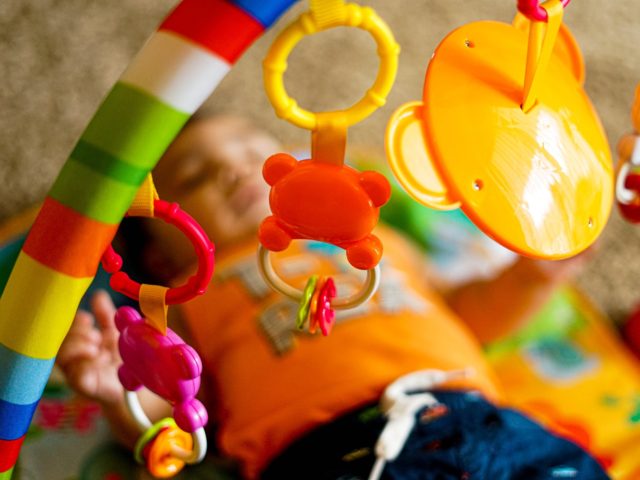South Korea will implement a new set of financial incentives over the next few years aimed at boosting the country’s fledgling birth rate, the country’s government announced on Tuesday.
The package, drawn up by the Presidential Committee on Aging Society and Population Policy with the aim of incentivizing having more children, will serve as the basis of the government’s policy in reversing demographic trends over the next five years.
Last year, the birthrate fell for the second consecutive year to an all-time low of 0.92 births per woman, with this number expected to fall as low as 0.8 by next year. South Korea currently has the lowest fertility rate in the world, with the global average currently around 2.5 children per woman.
The country has been in steady decline since the early 1950s when the fertility rate was closer to 5.6 children per woman. The decline is partially attributed to something known as the “Sampo Generation,” with the word sampo referring to the giving up of relationships, marriage, and children in order to have a prosperous career or work life.
With a rapidly aging population, South Korean officials are now expressing major concern that the “replacement rate” will fall below one, meaning there are not enough births to outweigh the number of deaths. This also leads to a situation where there are not enough young people to look after or sustain the older generations.
As part of their response, the government will now provide a monthly stipend of 300,000-won (US$275) to parents of children younger than 12 months from the year 2022. This benefit will eventually be expanded to 500,000 ($475) won by 2025. The government will also provide a one-off payment of two million-won ($1830) for parents expecting a child from 2022 to help cover their prenatal expenses. There are also plans to increase the current congratulatory allowance for each pregnant woman from 600,000 ($549) to one million won ($915).
For working parents, women choosing to take maternity leave will be entitled to up to three million won of their monthly salary for up to three months of their absence. Low-income families will also be eligible for university tuition relief if they have three or more children.
The package presented by the ruling leftist government is an expansion of an already generous monthly per-child allowance of 100,000 won ($91) for parents who have a child younger than seven years old.
Such generous measures mark the most significant effort by South Korea to increase birthrates since 2006 when the government began its efforts to reverse the demographic decline. Since then, the government has spent more than 185 trillion won on the issue amid fears that the country could soon face a serious demographic crisis.
The success of this latest program will be vital to the future of President Moon Jae-in, who this week hit a record low job approval rating. According to a poll South Korean firm Realmeter. only 36.7 percent of respondents nationwide indicated their approval of Moon’s leadership, as people express their frustration over his handling of the Chinese coronavirus pandemic, aggressive public spending, and policy of appeasement towards North Korea.
Follow Ben Kew on Parler, Facebook, or Twitter. You can email him at bkew@breitbart.com.

COMMENTS
Please let us know if you're having issues with commenting.